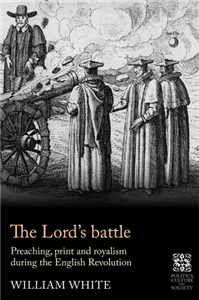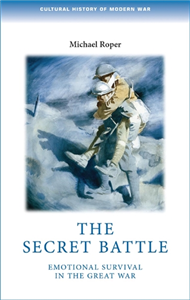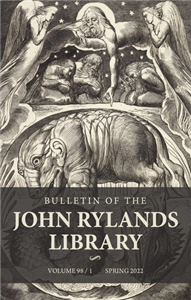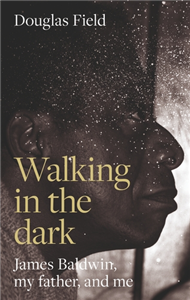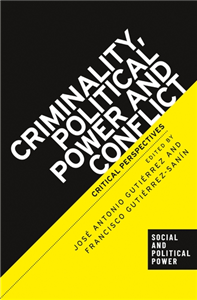The Lord’s battle
Preaching, print and royalism during the English Revolution
by William White
This book explores the preaching and printing of sermons by royalists during the English Revolution. While scholars have long recognised the central role played by preachers in driving forward the parliamentarian war-effort, the use of the pulpit by the king's supporters has rarely been considered. The Lord's battle, however, argues that the pulpit offered an especially vital platform for clergymen who opposed the dramatic changes in Church and state that England experienced in the mid-seventeenth century. It shows that royalists after 1640 were moved to rethink earlier attitudes to preaching and print, as the unique potential for sermons to influence both popular and elite audiences became clear. As well as contributing to our understanding of preaching during the Civil Wars therefore, this book engages with recent debates about the nature of royalism in seventeenth-century England.


